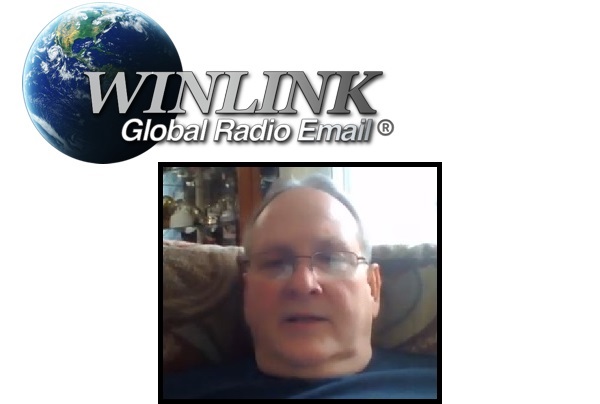4th annual citywide exercise to include message system used in Hurricane Helene response
3 min read
This Thursday, Oct. 17, at 10:17 a.m., millions of people will drop, cover, and hold on. It’s earthquake preparedness as part of the annual ShakeOut.
[00:00:11] Andy Davis (Northeast Neighbors, Eugene EmComm): It’s not so much a Great American ShakeOut, it’s more of an International ShakeOut now. It’s worldwide, and it’s going to be this Thursday, and it starts at 10:17 in the morning.
[00:00:23] Last year’s ShakeOut, there were over 409,000 participants just in the Willamette Valley, and worldwide, it’s like, 56 million that participated in last year’s International ShakeOut Day.
[00:00:40] I’m going to drop, cover, and hold on during that time, and that’ll be about it. I’ll be also getting things ready for Saturday.
[00:00:50] John Q: After the ShakeOut, neighborhood volunteers will follow up with their fourth annual citywide exercise.
[00:00:58] Andy Davis: It’s like the capstone or the exclamation mark on the Great American ShakeOut week. This Saturday’s emergency communication exercise is for CERTs and volunteer ham radio operators and volunteer mom and dads that are in the neighborhoods that make up this emergency communication system of Eugene.
[00:01:20] This time we did throw a wrinkle in: The Neighborhood Communications Radio Resource Guide states that if the Emergency Operations Center for the city of Eugene is not operational, then the first ham that comes on the network becomes the net control, the city EOC.
[00:01:39] We’re supposed to train according to ‘what if’ this happens, what if the EOC is taken out by the disaster that happened , and the radio resources are not there? They’re going to have to go to Plan B.
[00:01:54] So until Plan B is implemented, we just can’t sit around and say, ‘Oh, that’s, you know, that’s too bad.’ No, we need to be active and start taking care of our neighbors within the neighborhood and start collecting information to when the city has implemented Plan B and is back up.
[00:02:14] John Q: Ham operators will test a faster way of sending messages.
[00:02:18] Andy Davis: Another new thing that we’re doing this year is, we are testing out the Winlink system. We’re having the Northwest District, they are sending to the net control their emergency messages via Winlink.
[00:02:35] Winlink is the primary means of sending messages back in the Appalachian area from this hurricane. And so it is here and it’s here to stay, so we need people to get trained using Winlink. And so, we’re having discussions how we can improve Eugene Emergency Communications using Winlink.
[00:02:57] So that’s in discussion with a number of volunteer hams that are participants with the EmComm Net. So we’re testing that out, we’ll see how that goes.
[00:03:08] John Q: They’ll also practice using the official message form when transmitting their test messages.
[00:03:14] Andy Davis (Northeast Neighbors): We stress and really stress the point of start with Block 2 and just say ‘Block 2’ and what’s in Block 2 and go down individually with each of the blocks down to Block 8. By following that rhythm or that process, the sending of the messages will be a lot faster.
[00:03:37] Of course when you get to Block 7 where the message is at, we stress, and I also stress upon the people, to put that message into bullet forms of maybe five or words each line so that you can pause after that line and that’ll give the receiving person time to write it down and then reply back, ‘Copy,’ that they’ve finished copying that line and then you can proceed on.
[00:04:03] That has helped out tremendously with confusion and time when we first started, so we’re trying to get some consistency in that as well.
[00:04:12] We try to give each neighborhood three messages to send and that’s all time constrained. Anyway, they may get to send all three to the district and on up, or they may not. It depends on the time.
[00:04:27] And of course, we will have a surprise later in the exercise for the district net controls.
[00:04:35] John Q: Participants will debrief after the exercise. To get involved, contact the Eugene Springfield CERTs, the Valley Radio Club, or your neighborhood organization.






